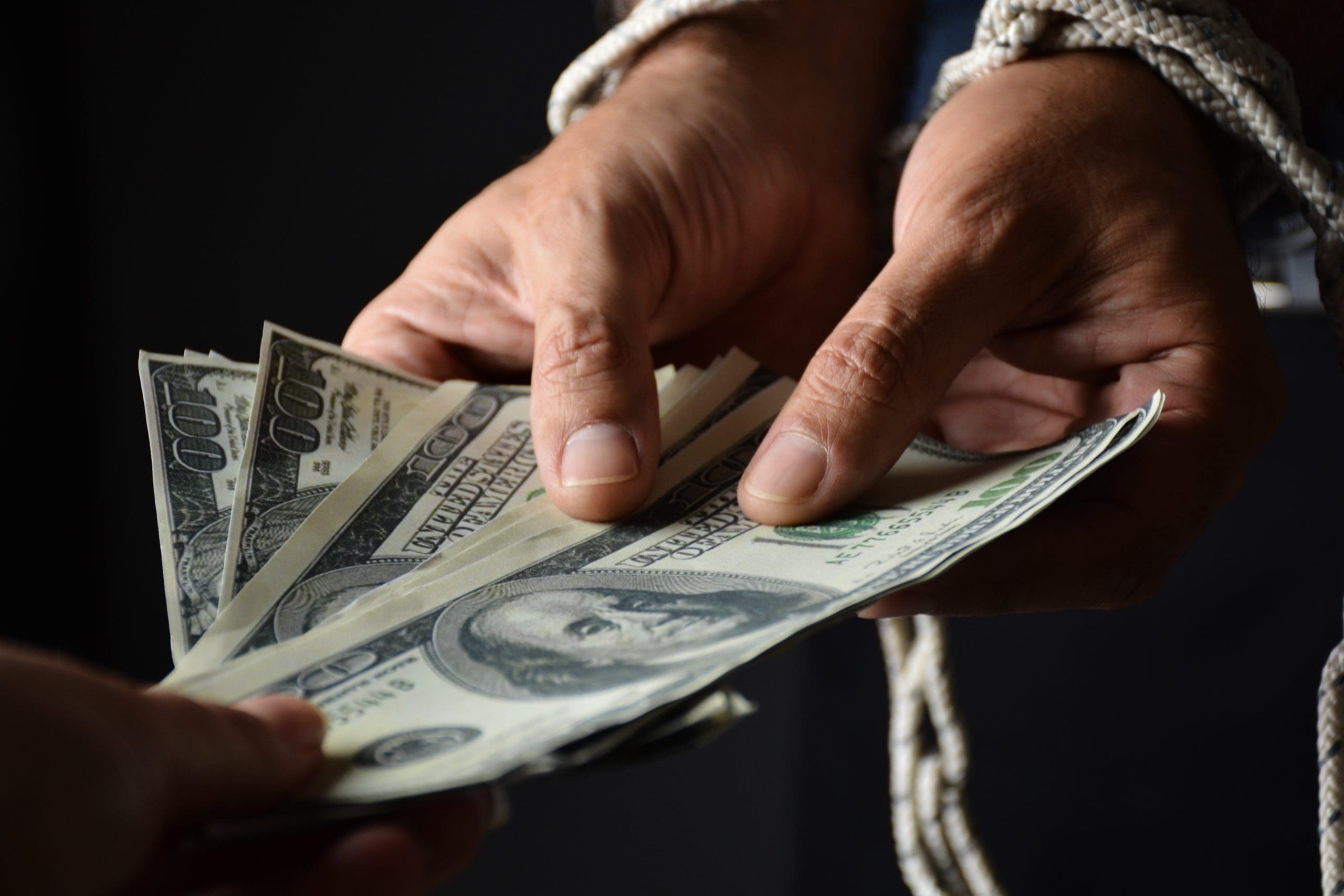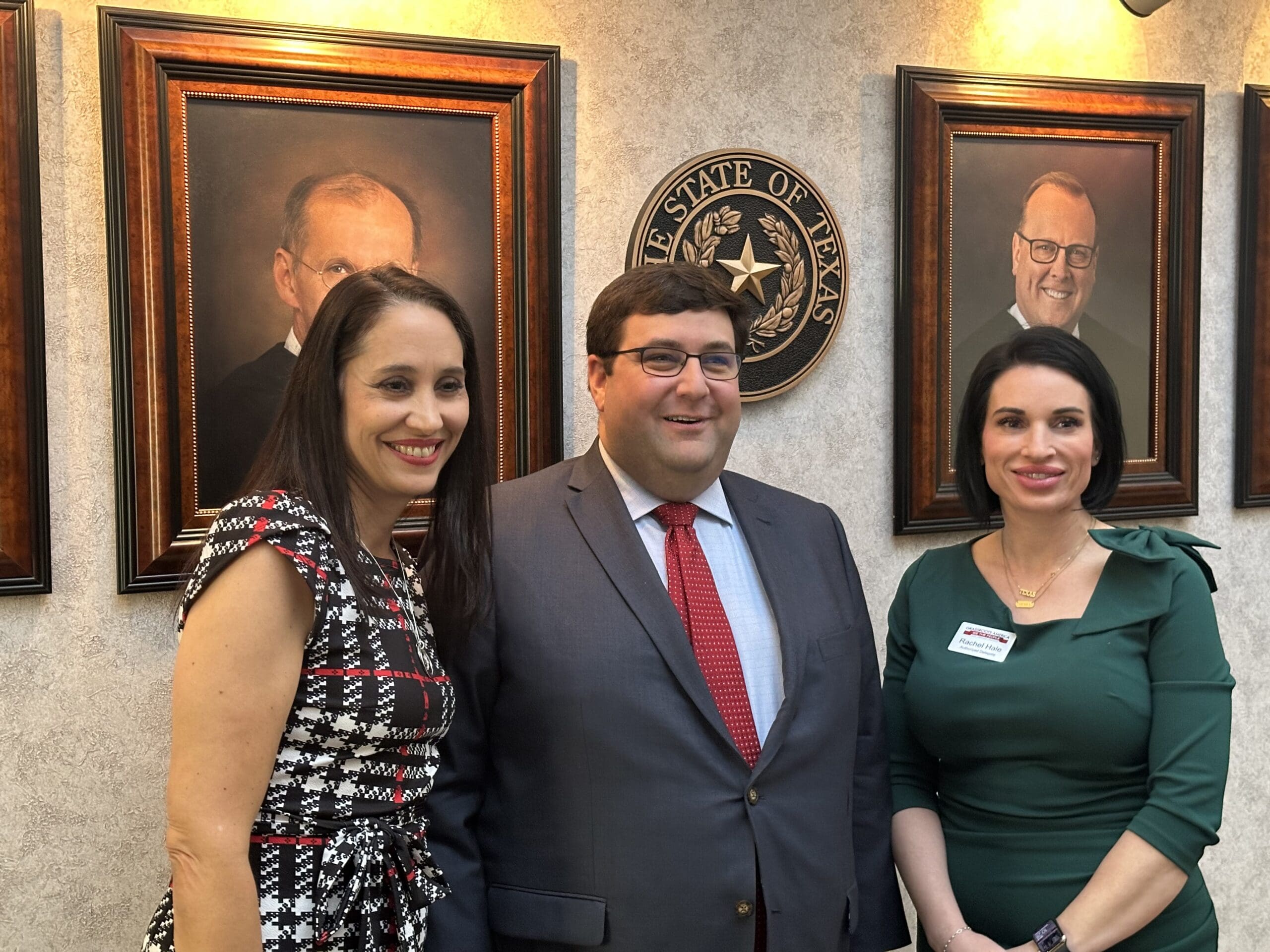The City of Round Rock is collecting higher taxes than ever before, and spending millions on questionable projects.
The city is experiencing exponential growth and development, with their total taxable property value increasing a massive $4 billion in the last five years. Property tax revenue has almost doubled this decade. Yet despite the presence of new citizens and businesses paying taxes, existing residents are forking over increasingly more of their hard-earned dollars.
As money has flooded into Round Rock’s coffers, the city has failed to ease the tax burden on local citizens. In fact, they made matters worse when they enacted a higher tax rate to go along with rising property values.
Think of it like this: if a family owns a home worth $100 and Round Rock takes say 10 percent, that’s $10 in taxes. If the value of the home increases to $200 and the city still takes 10 percent, that’s $20. They are taking more money even though the rate is the same. They must lower the rate to 5 percent if they want to still collect $10, otherwise they have raised the family’s taxes.
Round Rock did not just decline to lower the rate—they actually raised it. Now on that $200 home they are taking 15 percent, or $30.
According to the city budget, this fiscal year they will raise over $5 million more from property taxes, a nearly 11 percent increase from last year. This is a tax hike solely on existing residents and does not include tax revenue from new properties. Round Rock claims that the higher rate is to cover debt and voter-approved bonds, yet a look at the city’s spending priorities calls their decision-making into question.
The city is shelling out over $5 million to renovate a golf course that only a fraction of the local population uses; they are also wasting millions on corporate welfare projects, which give away residents’ dollars and special benefits to a small group of businesses hand-picked by the city.
In a previous report, Texas Scorecard detailed how Round Rock’s corporate welfare—picking winners and losers—is unjust, ineffective, and harmful to the community. While a city certainly has justifiable expenses for core functions, Round Rock’s spending choices reveal that their priorities are not on letting families keep as much of their own money as possible. The $5 million from the golf course project alone could have been used toward the debt and canceled this year’s tax increase.
The city of Round Rock is only one of the local entities to whom residents pay taxes, but if special deals, higher taxes, and frivolous projects are left unchecked, families could quickly find it difficult to afford living in the community.
After all, it is the residents’ money that the government uses. Citizens need to be vigilant and contact their elected officials when lapses in sound fiscal decision-making occur, and if they refuse to listen, elect different representatives.





